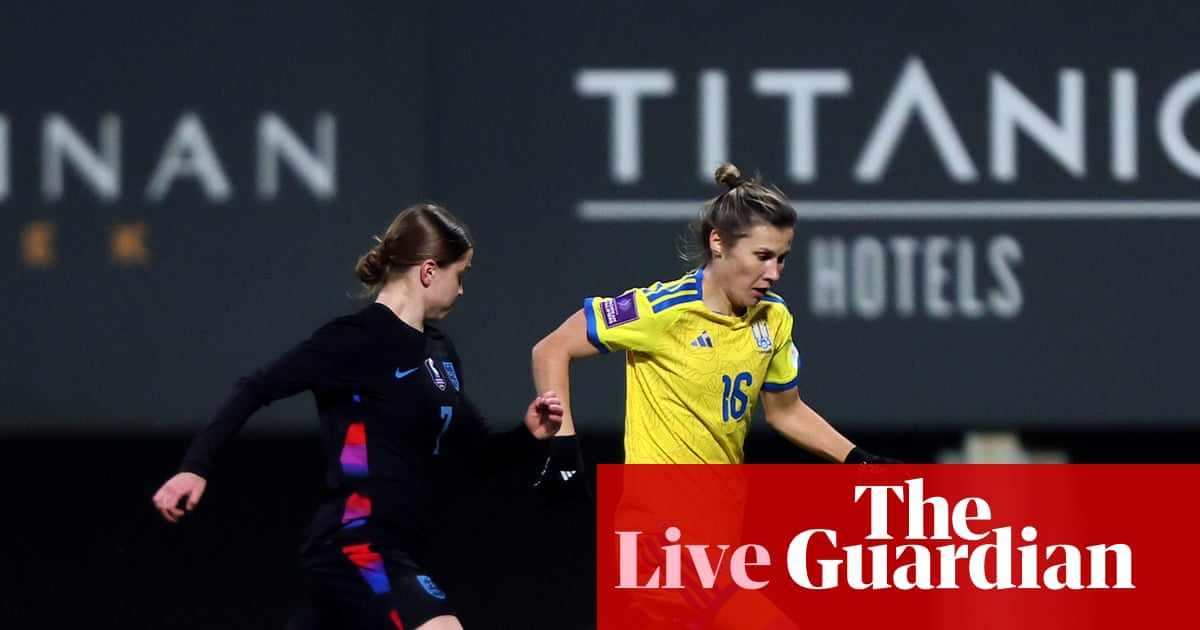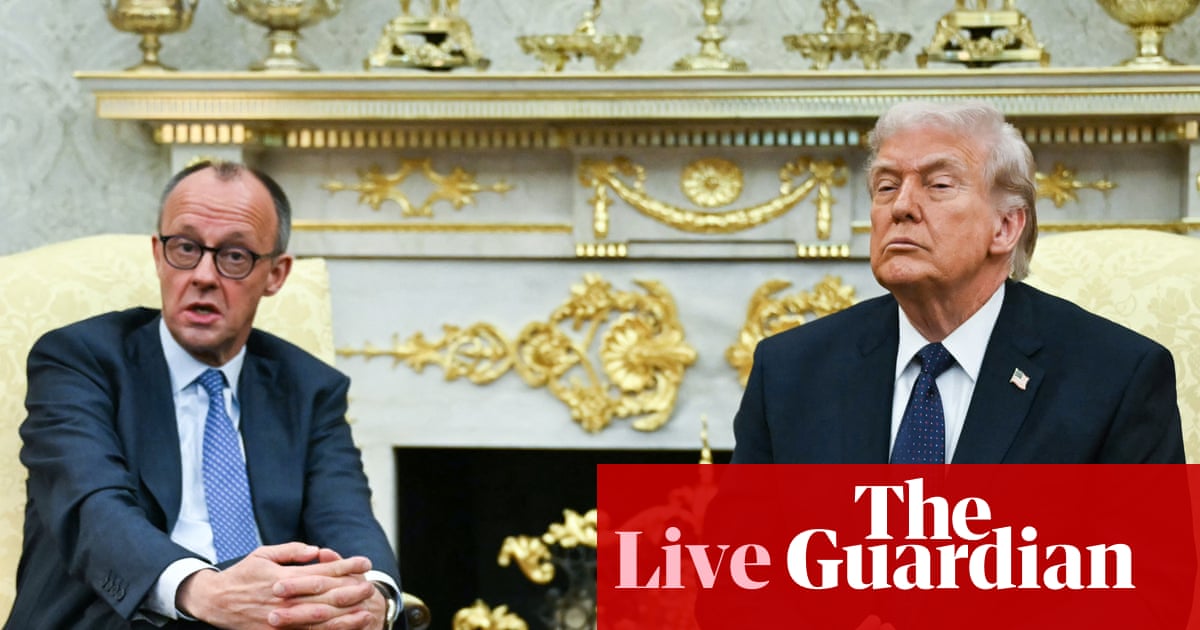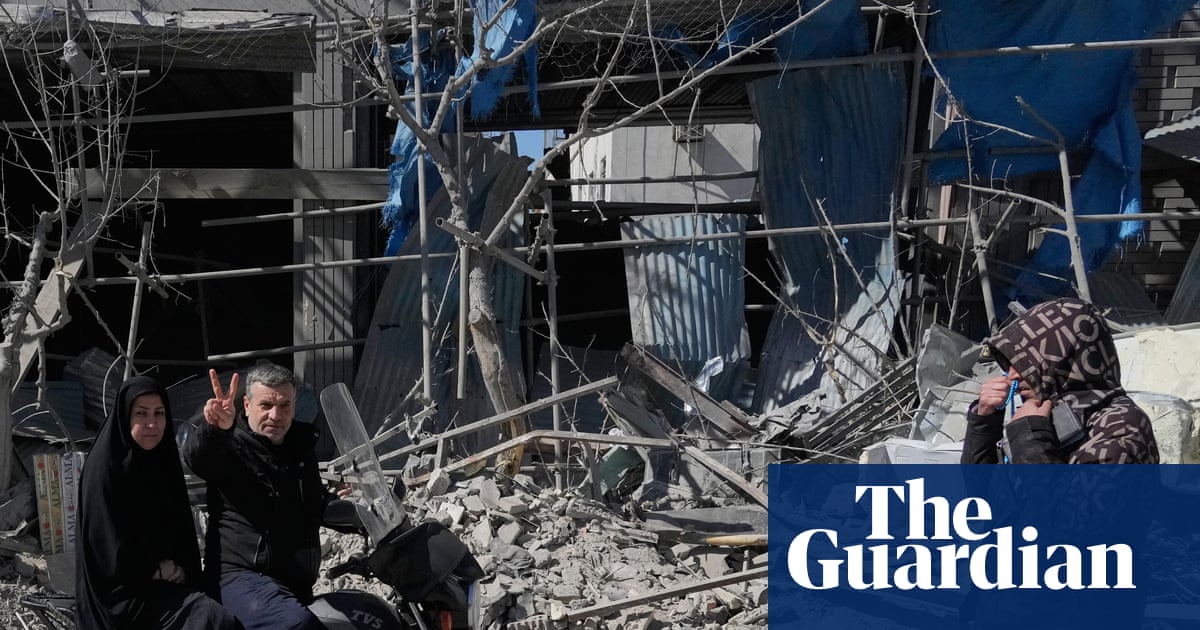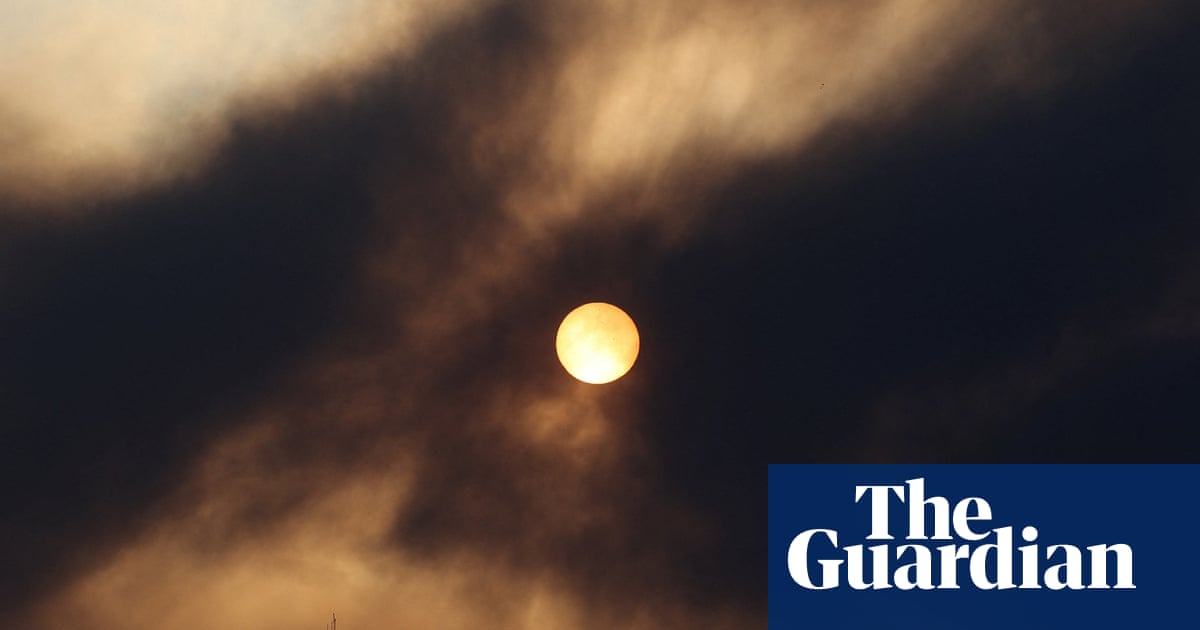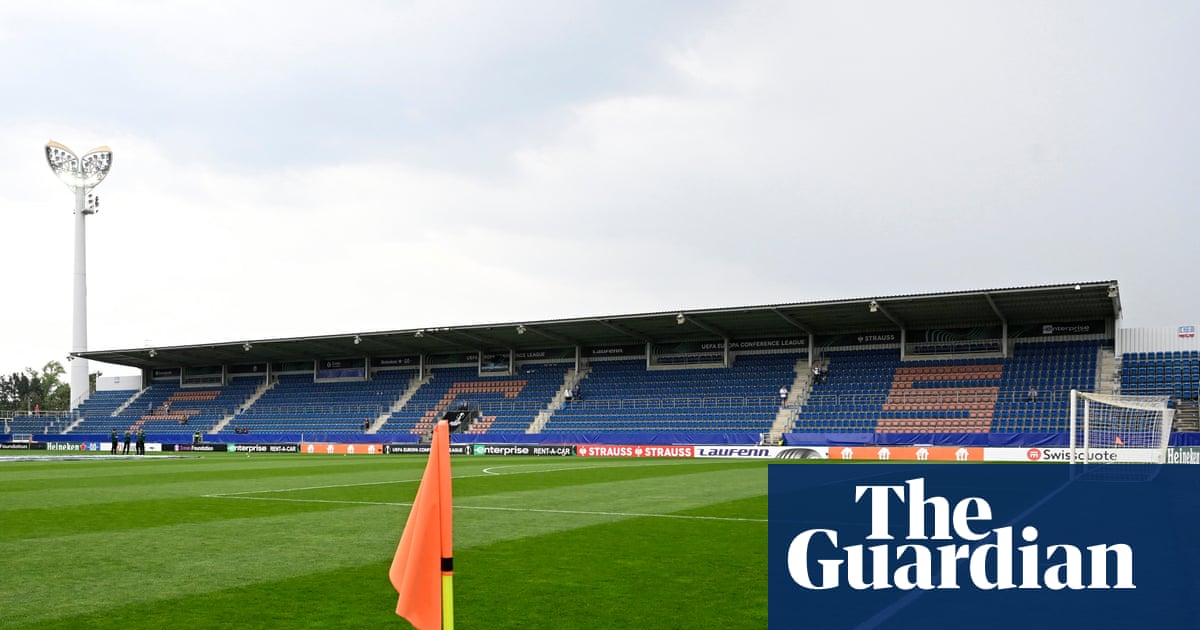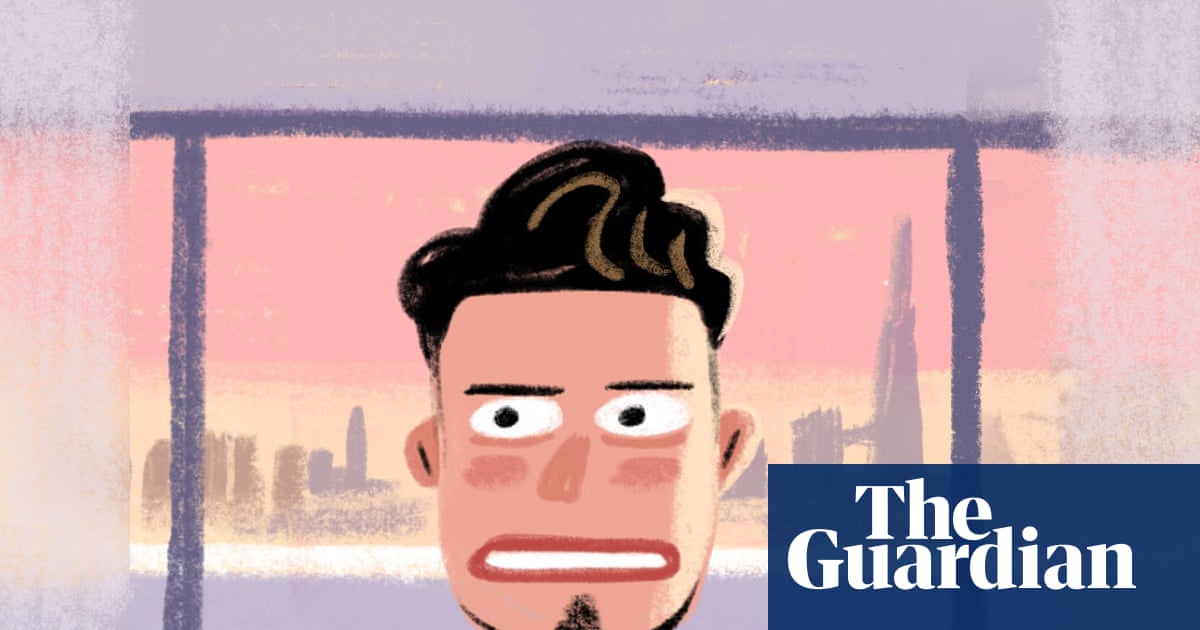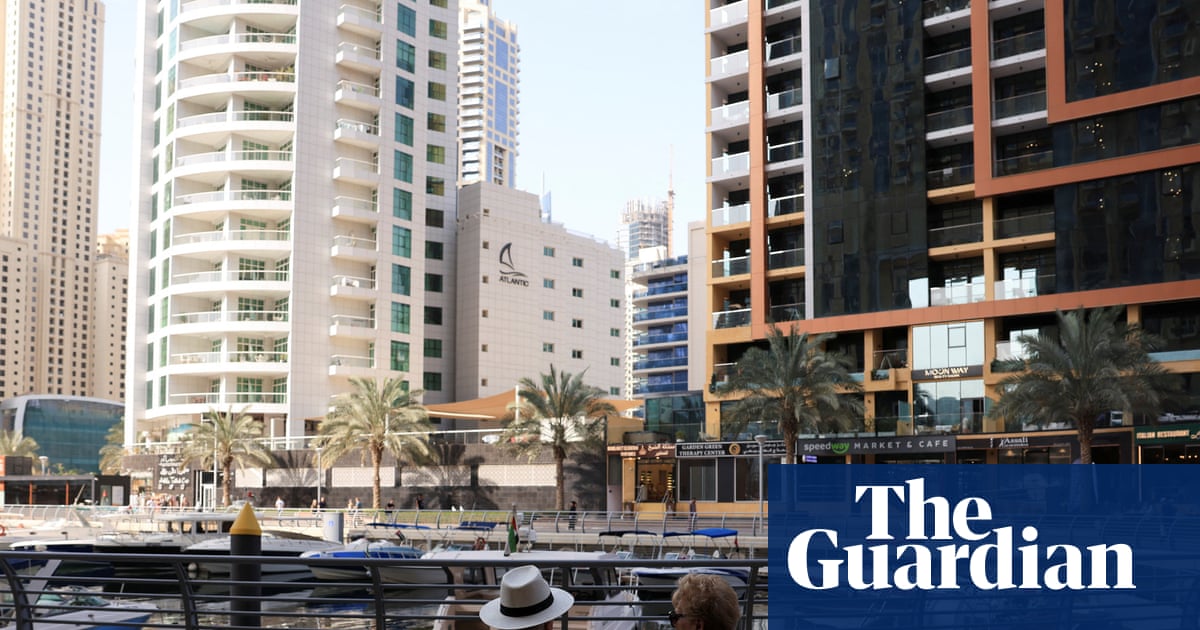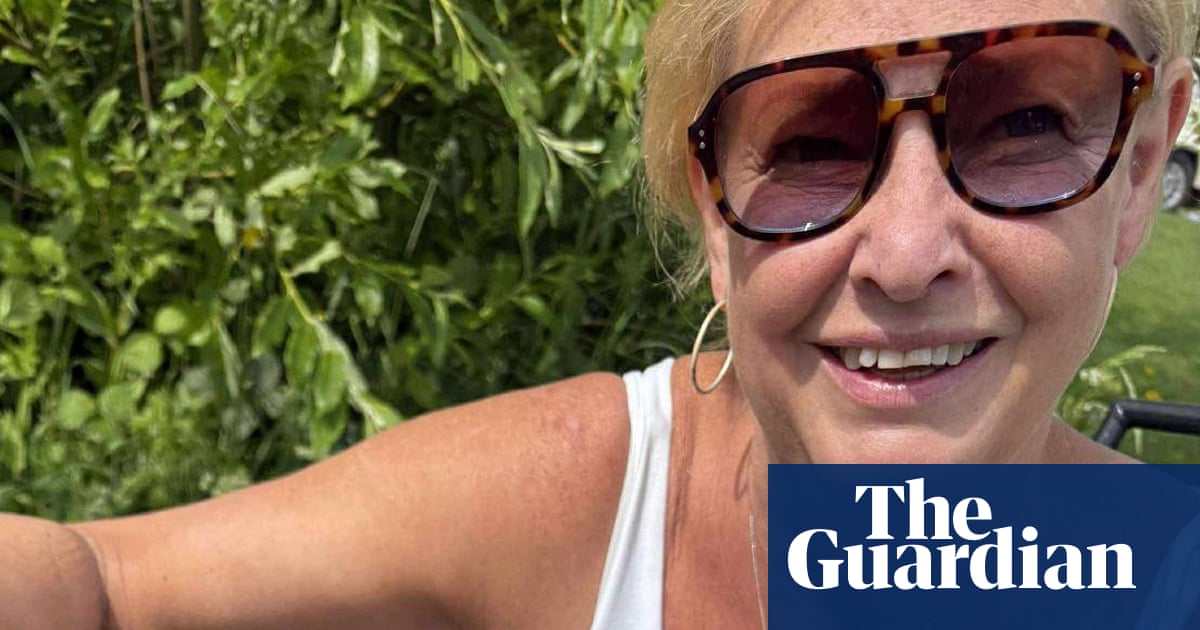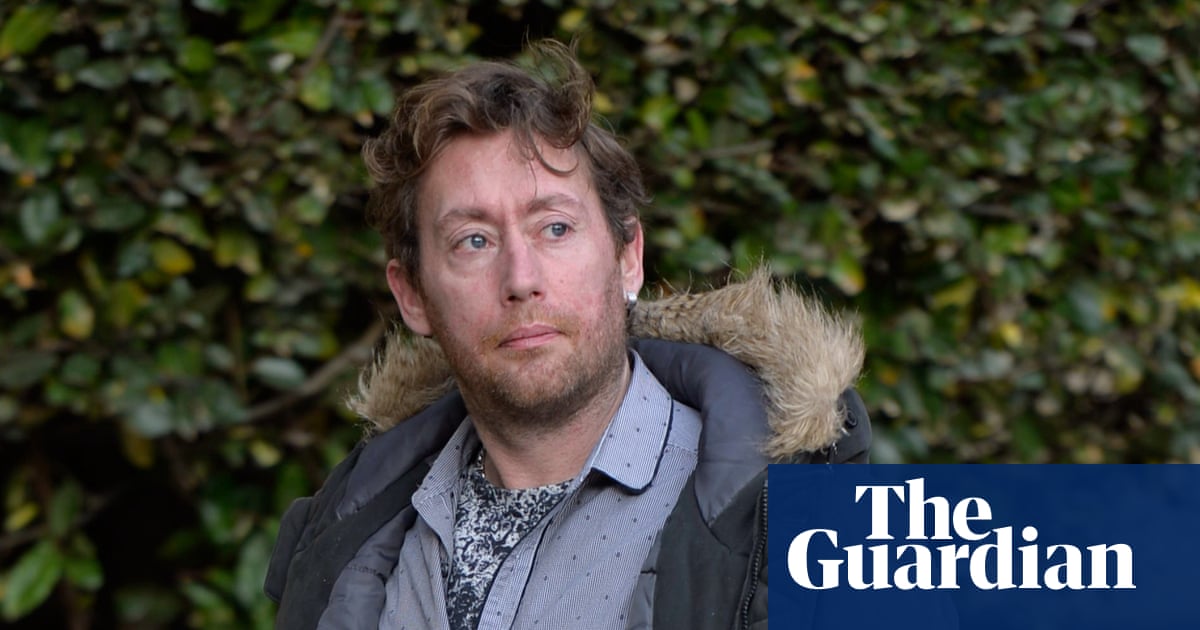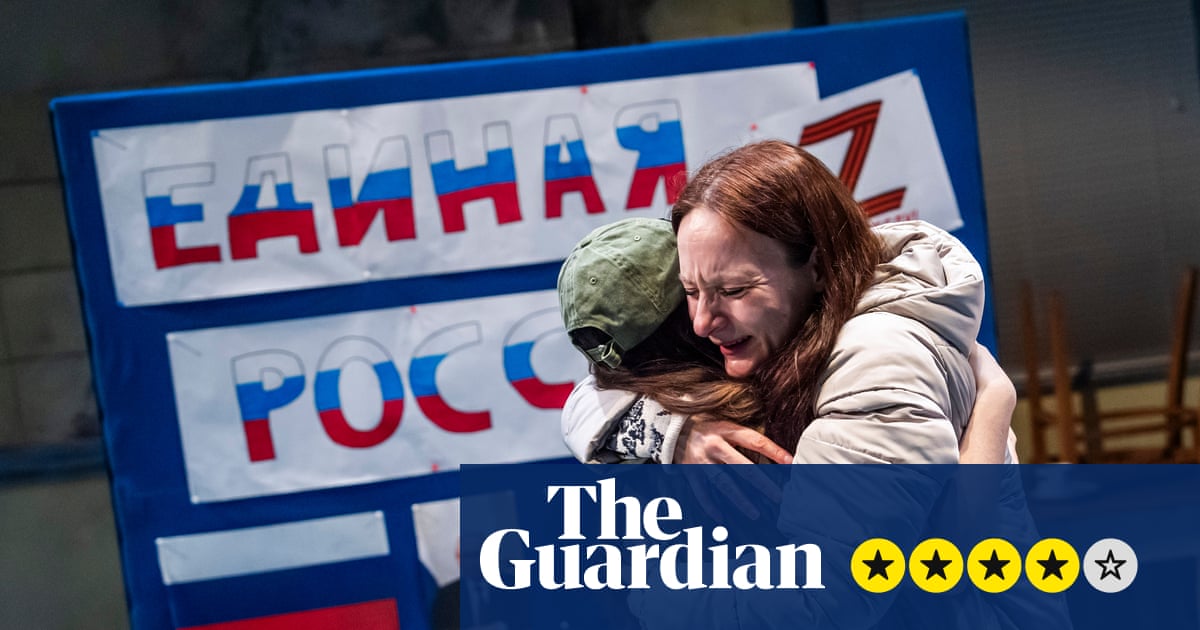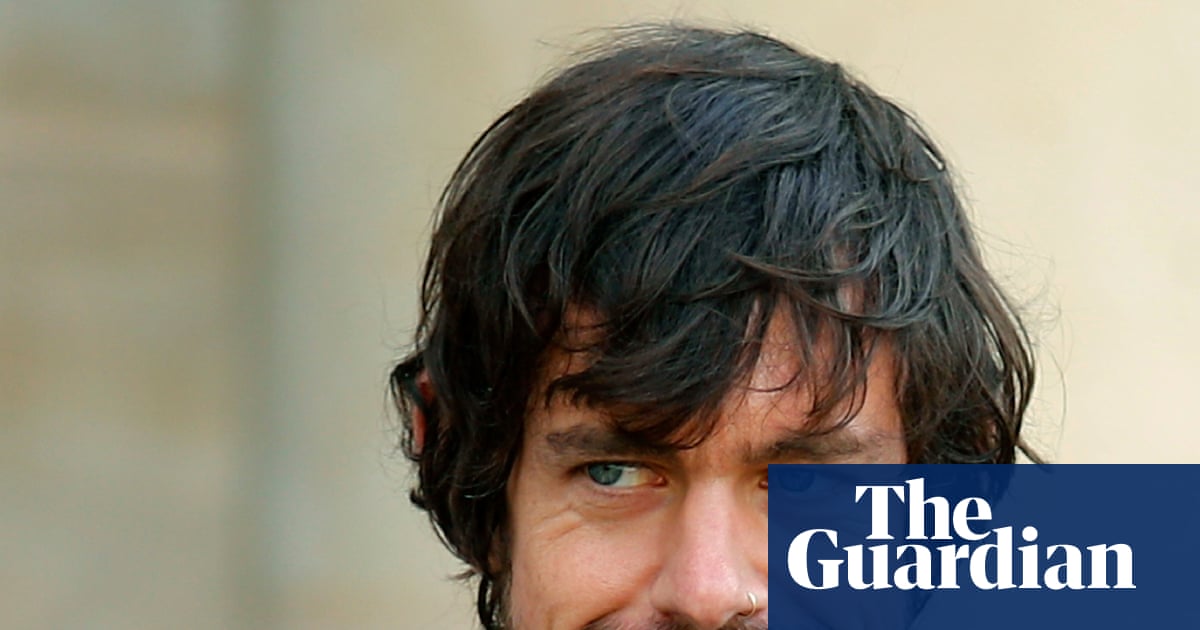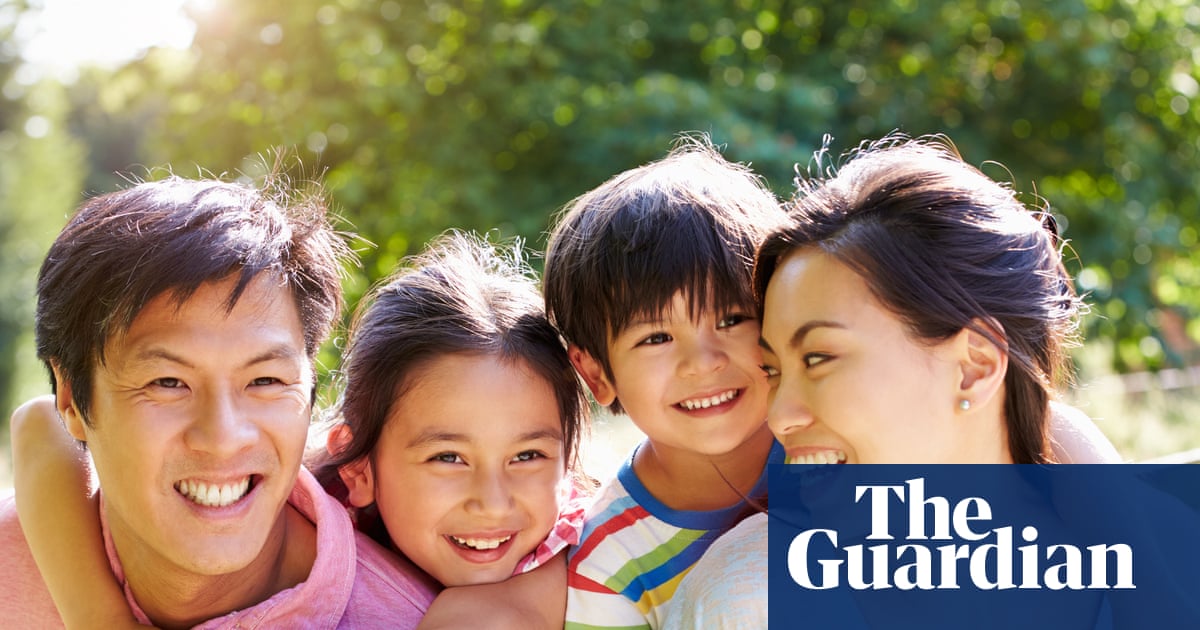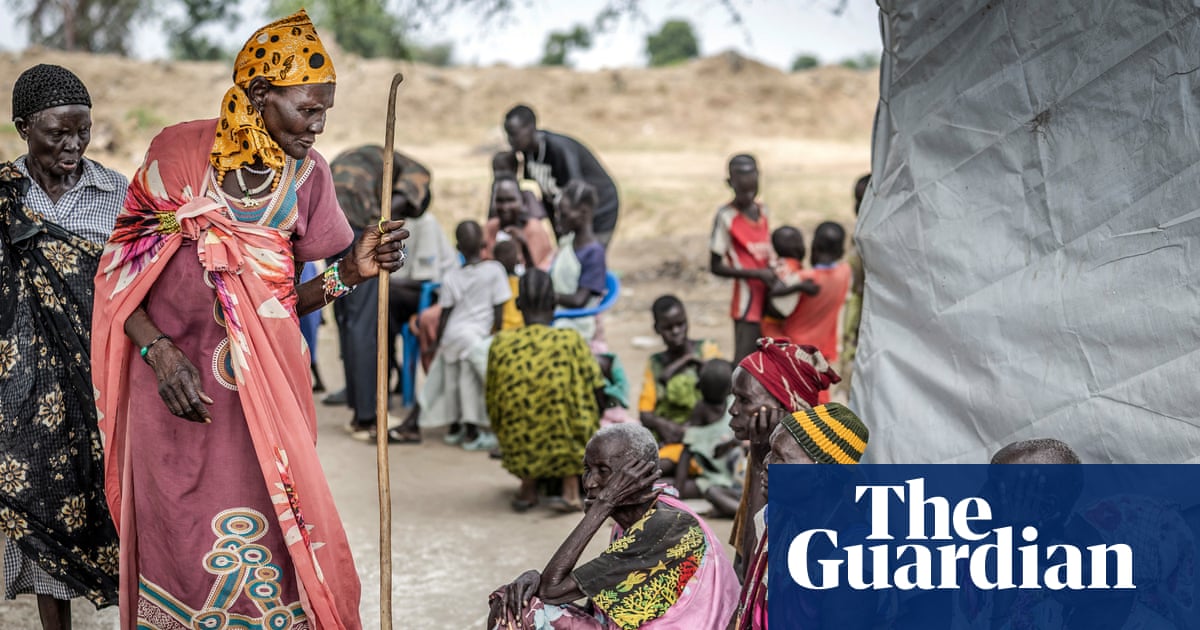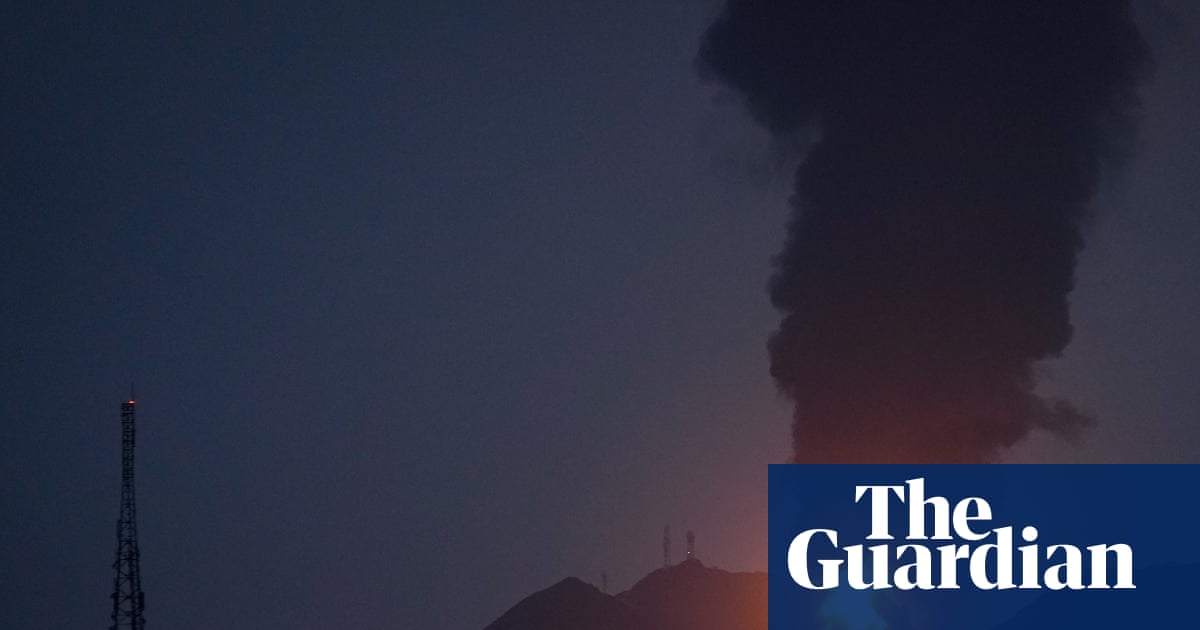She used to worry about screen time. She used to fret over sugar. She used to dwell on what cartoon character might be the right one to put on her son’s next birthday cake.
“I thought being a mother meant sleepless nights, picky eaters, school runs, messy rooms and too much laundry,” writes the author Diana Shams. “I used to think motherhood was hard.”
That was before the start of the conflict that destroyed Gaza. More than 68,000 people have been killed, mostly civilians, and entire cities reduced to rubble by Israel’s offensive, which a UN inquiry found to be a genocide.
During a truce in early 2025, Shams and her family returned to their home and began cleaning away rubble and repairing it. One of her friends abroad suggested she write a book about her experience as a mother. Her laptop was lost under the debris of her family home, so she wrote it on her phone.
In her book A Different Kind of Motherhood, Shams, 27, tells the story of her life as a mother in the face of violence and near constant danger.
“No one prepares you to raise children through sirens, smoke and screams. No one teaches you how to keep a child calm while the sky is falling. No one explains how to carry your baby through fire, hunger and fear – and still sing to her at bedtime,” she writes.
Shams’ book does not provide responses to these unanswerable questions but instead offers her family’s experience, as well as that of other Palestinian mothers she knew, who were killed or lost their children.
“I wrote this book not just for myself,” she writes, “but for every mother in Gaza who has rocked her baby while the ceiling shook. For the women who gave birth in shelters, in the dark, with no medicine. For the mothers who lost a child and kept living – because they had no choice. Because there were others to protect.”
Life before the war was by no means normal for Shams and her small family. The besieged strip was widely known as the world’s biggest open-air prison.
Despite the siege, she lived a life that, in many small details, was striving for normality. Shams and her husband lived with in-laws when her firstborn, Karim, arrived, but saved and borrowed their way to owning a home. They painted their new home in time for their second child, Rose, who was born in early 2023.
Seven months later, one day into the latest war, they were forced to flee after a neighbour’s house was bombed. They moved repeatedly before finally making the journey south, sleeping in their car until a tent became available. They have been living in and out of tents ever since.
“Sometimes, when I couldn’t sleep, I thought about mothers in other countries – mothers abroad who raise their children in comfortable homes, who open a fridge full of cold water, who press a button and a fan or an air conditioner cools the room,” she writes. “Mothers who tuck their children into soft beds with clean sheets and watch them drift to sleep without fear”.
Speaking by phone from Gaza, Shams says even the news reports people see cannot fully reflect what people in Gaza actually live through, especially mothers. “Who can understand what it means for my daughter Rose to take her first steps in mud and dirt?” she said.
Shams did not intend to write a book, but had been collecting her thoughts by writing notes on her phone. “This book is not written in comfort. It is written in stolen moments between survival and grief, in the quiet hours when my children finally sleep, and I can let the weight of everything crash into me,” she writes in her book.
Her father was a journalist and Shams found some comfort in documenting her daily life on TikTok as well – cooking over firewood, searching for baby milk and nappies, and showing her children playing in the sand.
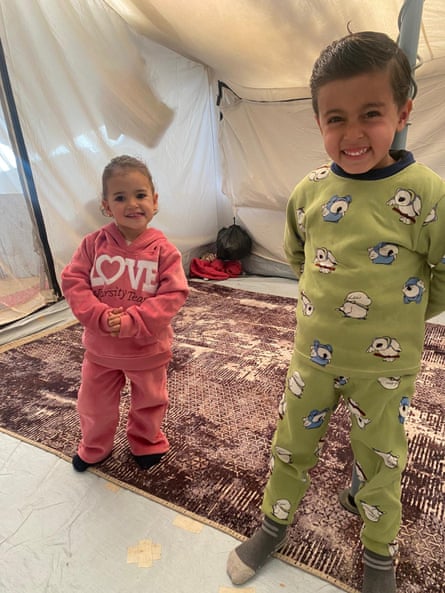
“One rainy night – I used to love the rain before the war – I nearly lost my mind when our tent flooded,” she said. “Everything was soaked and I was terrified my children would get sick. I found myself grabbing my phone and recording a video.”
She was surprised when the video went viral and received great sympathy and supportive comments from western audiences. “I was touched by every word people wrote in support of me. That’s when I felt I had to be a voice for all the mothers in Gaza who have none,” she said.
Social media has provided an outlet for some in Gaza but it was also a reminder of a cruel imbalance, as those facing death and destruction are able to see in real time people’s simpler lives nearby. “In other countries, mothers are worrying about homework, grades, screen time. They visit schools, choose tutors, plan university paths,” she writes in her book. “They post photos of ‘first day of school’ and decorate lunchboxes. Here, we are just hoping our children survive long enough to have a first day again.”
-
A Different Kind of Motherhood by Diana Shams is available as an ebook.

 3 months ago
67
3 months ago
67
